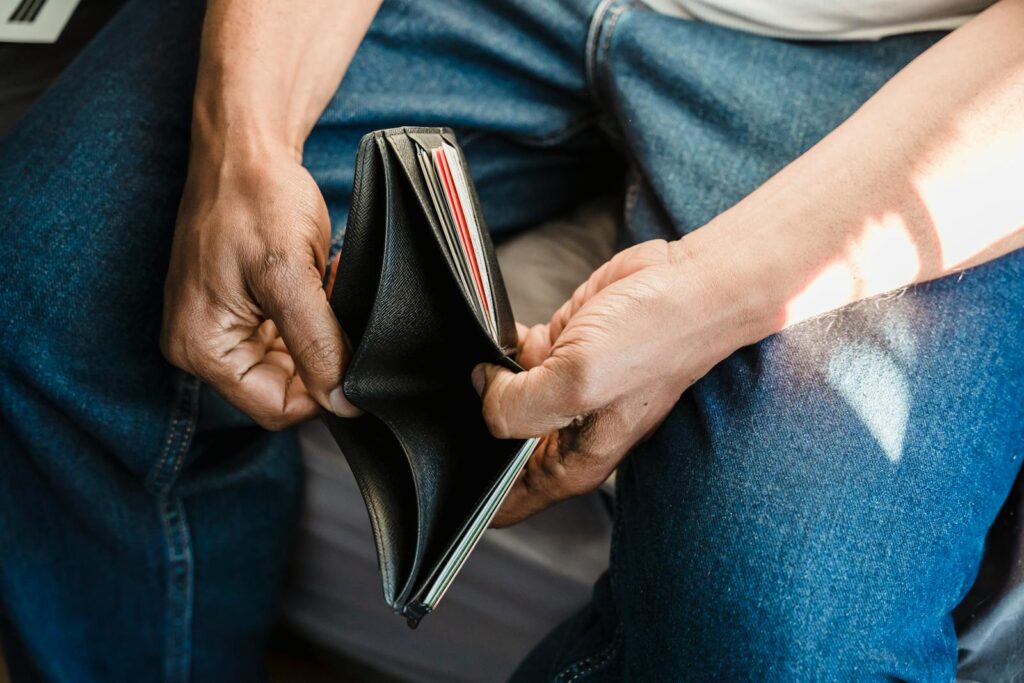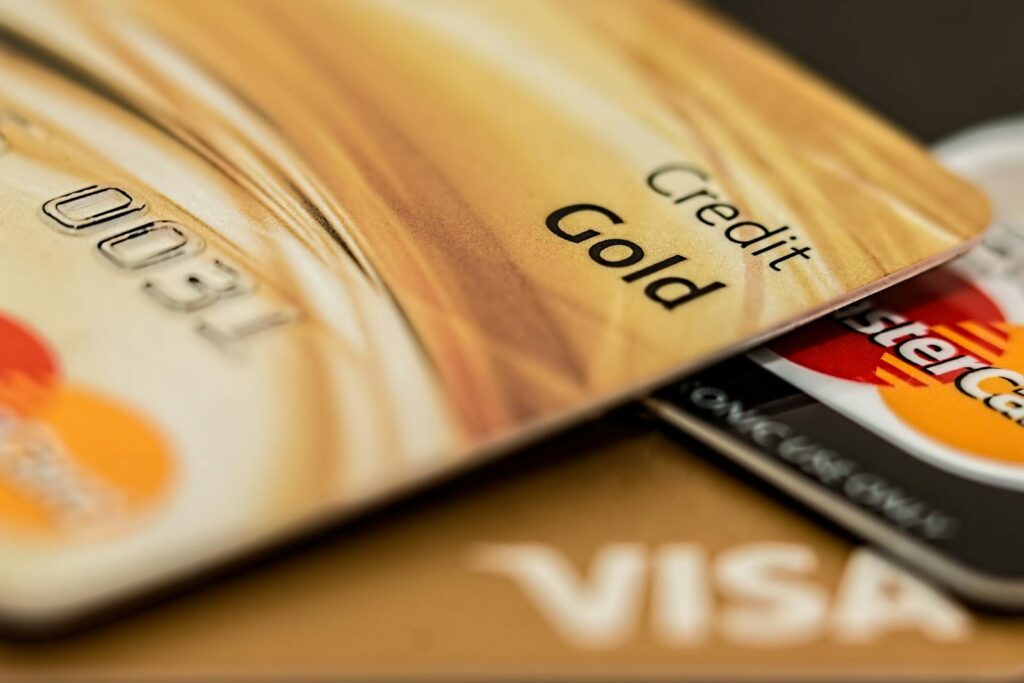Introduction To Making Money Mistakes
Table of Contents
ToggleWhy would you make mistakes when it comes to money? When you graduate from high school, you can feel invincible. The world is waiting for you to discover it. You are about to move into a job or maybe off to university or perhaps even a gap year. You assume that you have learned all that you need to know to embark on the next phase of your life.
But of course you haven’t. School didn’t exactly prepare you for what’s to come. And if you are anything like me, you are about to learn some of the hardest lessons of all. You will learn from your mistakes. But some money-related mistakes are best avoided. I wish I could say that I did in fact avoid them myself. But having learned the hard way, I offer you here, 5 money mistakes to avoid in your 20s.
1. Not Creating a Budget
I’m not a huge fan of budgets. They are restrictive, often ineffective and just plain boring. But when you’re 18 and just starting to control your own finances, a budget is a great idea.
It will help you to analyse exactly where the money is coming in (income) and where it is going out (expenses). It will force you to prioritise your spending into those things that are ‘needs’ as opposed to those that are ‘wants’. It will help you to manage to pay the rent on time and to allocate enough for food.
These are two pretty important expenses. It will also help you to decide if these expenses should be reduced, based on your income.
If you want a financially stable future, you should know how to set and stick to a budget. You could just use a notepad if you want. However, budgeting apps with user-friendly interfaces are readily available online. So, you don’t need to start from scratch or deal with complex financial tools.
2. Depending On Credit Cards
Getting your first credit card is exciting. I remember mine. Getting it was one of the worst mistakes of my life. I saw it as ‘free money’ and a way to get all of the ‘stuff’ that I wanted.
But young people don’t quite understand the power of interest and how easy it is to overspend and get in trouble with a credit card.
They can help build your credit rating and provide you with easily accessible funds.
However, if not used responsibly, these cards can also damage your credit rating, plunge you into debt and force you into a cycle of continuing financial struggles.
The trap comes from spending right up to the limit and then seeing that monthly payments are still quite manageable. However, with interest rates hovering at around 20% per year, paying just the monthly due amount barely reduces the total debt at all. Continuing to pay only the minimum due amount can result in taking years to pay and paying triple the original amount.
Missed payments then impact credit ratings and future loan applications. What starts out as exciting can end up getting you into a vicious cycle of constant worry about making payments and never having any extra money to save.
When I said that getting a credit card was one of the biggest mistakes of my life, what I really meant was that using it to buy a car was one of my biggest mistakes. But that’s another story that you can check out here if you want.
3. Spending More Than You Earn
One of the worst financial blunders you can make is spending more money than you earn. This relates to the credit card trap in mistake number 2. It can lead to debt, drain your savings, and trap you in a paycheck-to-paycheck cycle even after early adulthood.
Making use of a budget should help you avoid making this mistake. But it seems to be a big mistake with all people, not just those in their 20s. We tend to think that it’s ok to spend more than we make. Isn’t that what banks are for? But it’s a very short-term way of thinking that ends up having very long-term impacts.
We often make decisions about making large purchases such as buying a car based not on the sale price (or how much we will pay over the term of the loan), but on whether or not we can make the monthly payments. This is the mistake. If I had my time over, I’d buy a crappy car with cash and save for a better one in the long term. Car payments represent an inefficient use of your hard-earned income. Cars lose value and monthly payments reduce your ability to save and invest.
4. Not Having An Emergency Fund
If you are young and on a limited salary, the last thing that you think about is planning for emergencies. But having a small amount set aside every month just in case something bad crops up can really help you to stay sane. Car maintenance, doctor’s bills, job loss or other unexpected expenses can create incredible stress if you don’t have an emergency fund.
In an ideal world, an emergency fund equivalent to 6 months of your expenses should be your goal.
Having an emergency fund also means that when unexpected expenses do come up, you dont need to sacrifice your long term savings or investments.
5. Not setting Goals
Setting up an emergency fund should be one of your financial goals. But you should have other goals too. These may be short-term goals like increasing your savings rate or more longer-term goals like saving for a deposit for a home loan.
You should also begin thinking about investing a small amount each month into a safe investment in order to begin the path towards having more financial freedom. The sense of accomplishment that you get when you check off goals will help you to feel confident that for the rest of your life, you will control money rather than letting money control you.
Create Your Own Path
I am quite sure that I made all of these mistakes and many more. These mistakes set me off on a rather negative financial path full of struggle and stress. But money doesn’t have to be stressful and you can reduce the possibility of having to struggle too.
Read personal finance books, learn how to invest and start setting financial goals early in life. I wish I learnt these things when I was in school. But I didn’t. It’s no excuse though. We all have the opportunity to learn ourselves. Some lessons are well learned through making mistakes. But some mistakes are just best avoided completely.





